Trans and non-binary people in every corner of the globe are currently facing escalating threats to their rights at an alarming rate, with the rise of coordinated attacks by anti-gender movements, increased anti-trans legislation, and shrinking resource allocation to trans-led activism.
Now, more than ever, feminist communities must prioritize acting in solidarity with trans and non-binary movements and hold space to uplift their well-being, livelihoods, creativity, joy, resilience, and healing to support gender-diverse people in fully actualizing their rights to self-determination, and full autonomy over their bodies.
A critical component of enacting this solidarity is recognizing that trans people are the experts on what they require to survive and flourish and move resources to them accordingly. Resourcing trans movements has always been necessary but at such a precarious moment, moving money to the frontlines of trans activism is critical to the community’s survival. Resourcing trans-led organizing is not only feminist funders’ responsibility but is a political stance that recognizes the historic contributions of the trans community to the gender justice movement.
FRIDA has committed to improving how we show up for and engage with trans and non-binary communities through our Strategy for Resourcing and Engaging Young Trans Feminist Movements as we strive towards being a fund rooted in truly intersectional principles and practice. This week, we are taking a moment to reflect on how trans-led movements across the world are pushing back against transphobia by claiming space and affirming their right to live their lives wholly and with dignity. We wish that these stories of trans perseverance, creativity, and exuberance, even in the face of persecution inspire hope for the reality of a feminist future!
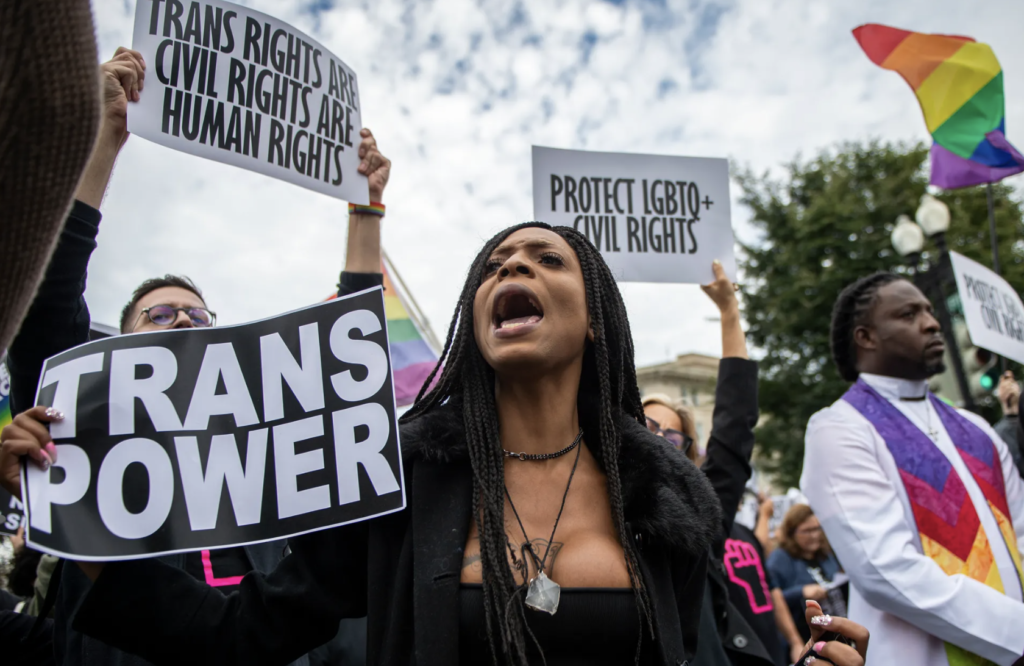
On the 15th anniversary of Transgender Day of Visibility (TDOV), founder Rachel Crandall-Crocker reflects on the impact of TDOV across the world since its inception. In this interview, Rachel shares that the impetus for starting this day in 2009 was to have a day for the global trans community to collectively prioritize joy and “focus on the living”. TDOV is now internationally recognized and commemorated on March 31 where trans communities around the world defy oppression through acts of radical visibility.
1ª Marcha Transmasculina do Brasil traz visibilidade a homens trans e não binários
Last month, thousands of people took to the streets of São Paulo for the first ever Trans Masculine march in Brazil to demand their rights and celebrate the identities of transmasculine and non-binary Brazilians. The march was a groundbreaking and history-defining moment for transmasculine visibility and was organized by the Brazilian Institute for Trans Masculinities / Instituto Brasileiro de Transmasculinidades – Núcleo São Paulo
DÍA DE LA VISIBILIDAD TRANS: PROFUNDIZAREMOS UNA CDMX DIVERSA E INCLUYENTE
On Sunday, March 31, thousands of trans feminists and feminist allies gathered in commemoration of TDOV for a rally in Mexico City demanding holistic legislation protection of trans people in the face of increasing violence and threats to their wellbeing.
In India, the trans-led collective Samabhaban organized a vibrant and celebratory march through the streets of Kolkata in West Bengal to commemorate TDOV. Organizers affirmed the need for full legal and societal recognition of trans and non-binary Indians while celebrating strides that have been made in the last few years toward gender justice.
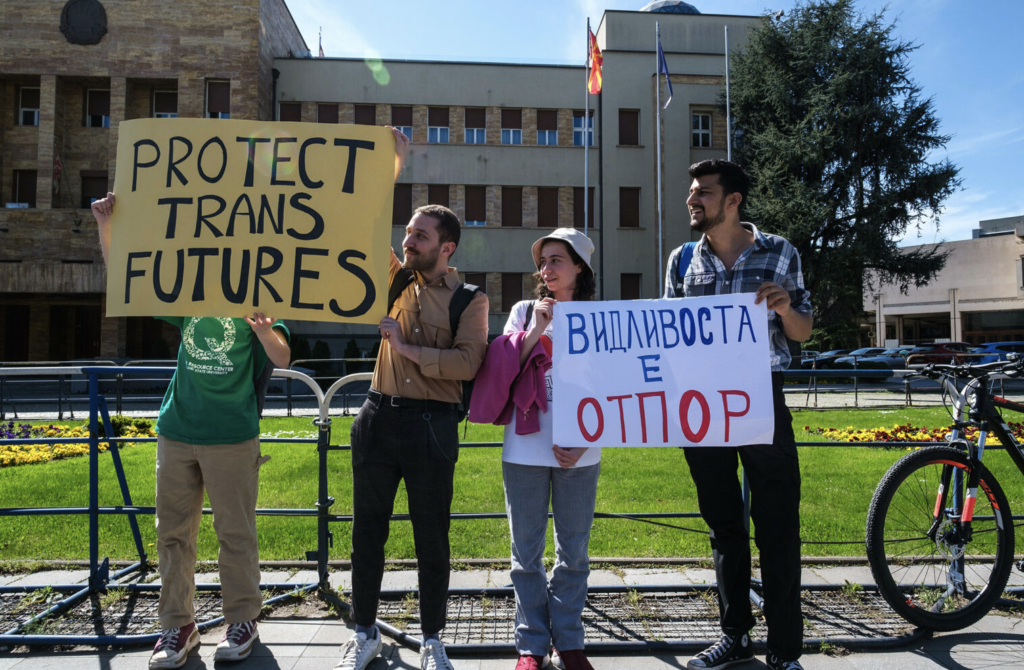
In Eastern Europe, the trans-led collective TransFormA led a march and protest in Skopje, Macedonia to commemorate TDOV “advocating for a future in which transgender people can live openly, safely, and with dignity.” This article by Global Voices shares some scenes from the event and sheds some light on the climate towards gender-diverse people in Macedonia and other Central & Eastern European countries, highlighting just how powerful moments of resistance are.
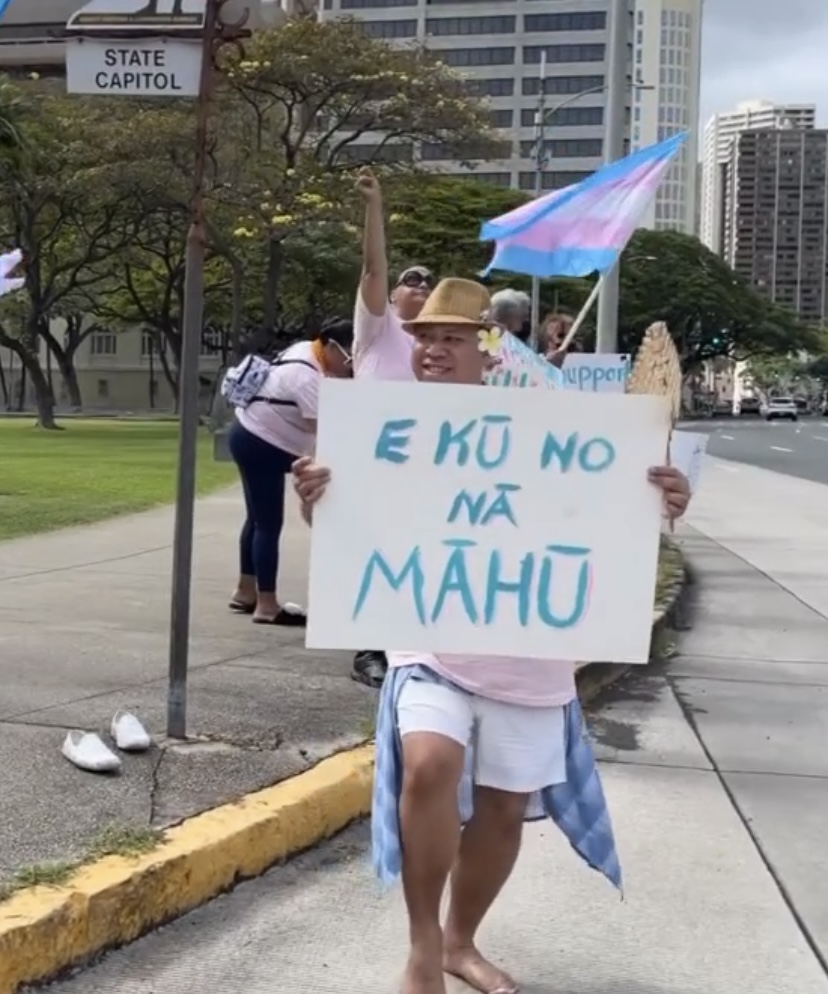
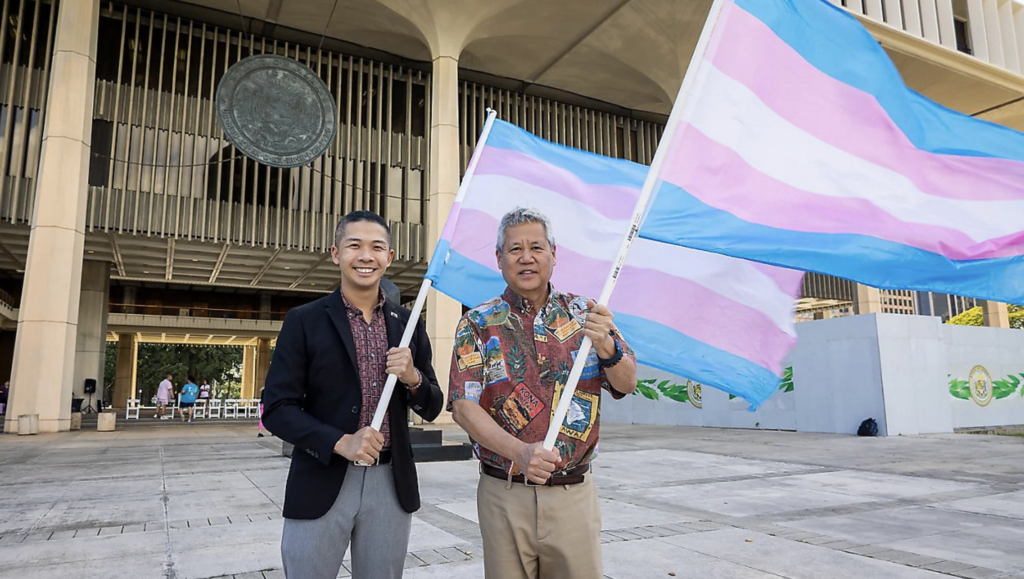
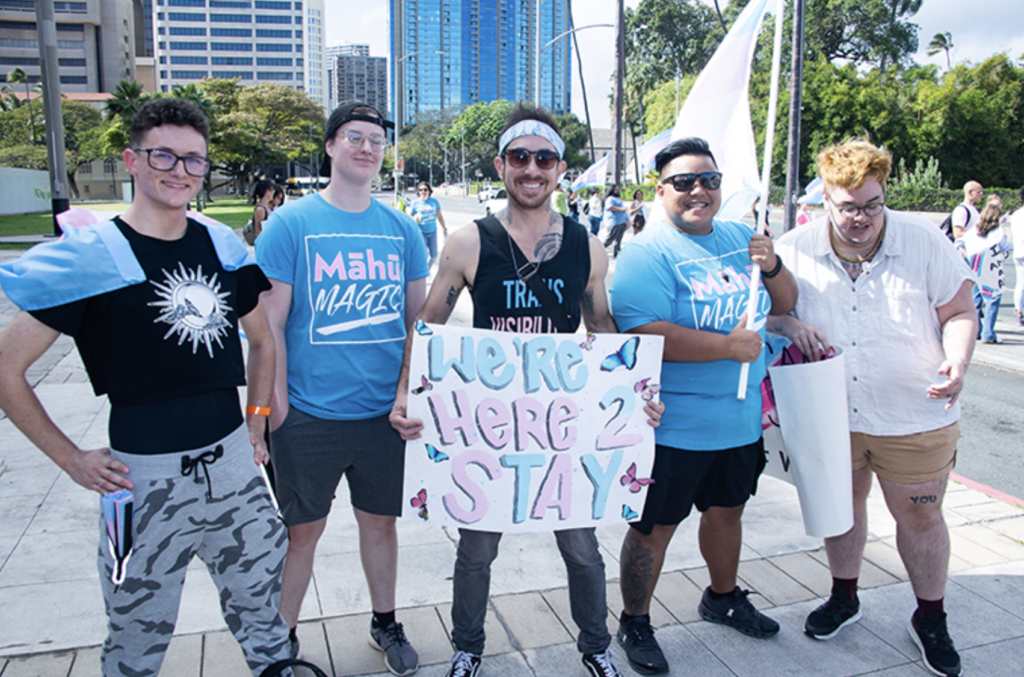
In Hawai’i, activists consistently reaffirm that gender-diverse people have always belonged, with the Māhū identity as a historic part of their culture that should be honored. The Hawaii Health and Harm Reduction coordinated a rally in commemoration of TDOV at the Hawai’i State Capitol in Honolulu, bringing together dozens of trans activists, community members and legislators to affirm trans rights and belonging in Hawai’i.
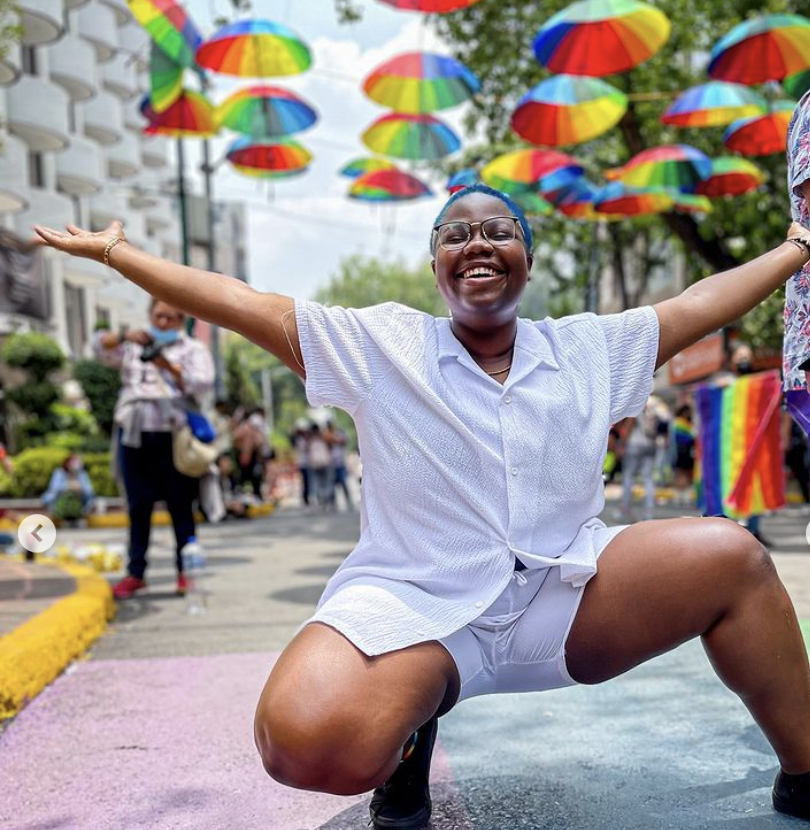
Image credit: instagram.com/amis_adventures
Here are 3 Black Trans Travel Influencers you should follow! Moving through the world while Black and trans or non-binary comes with intersecting challenges around race and gender identity. Black trans realities are so much more dynamic than being resilient. They also include experiences rooted in joy and pleasure like travel. This list by Travel Noir in commemoration of TDOV affirms the need for dynamic visibility of trans experiences.
FRIDA has continued to deepen our commitment to better resourcing trans-led young feminist collectives so that they can continue their work beyond TDOV and create the environments, necessary to thrive. Part of this work includes moving resources to trans-led youth activism through special grants that support work like alliance building, travel and networking, knowledge co-creation, security, safety, healing, and community resilience strengthening. We invite you to consider becoming a resource ally to FRIDA and investing in the work and dreams of trans-youth-led groups working to sustain and transform our communities!